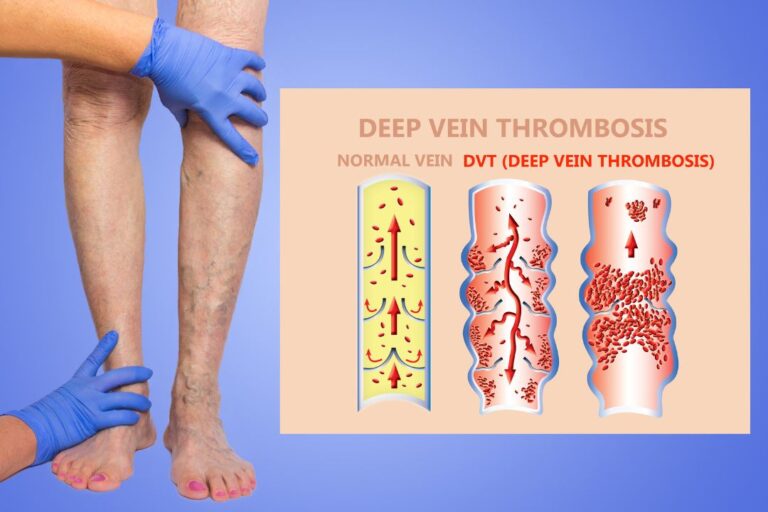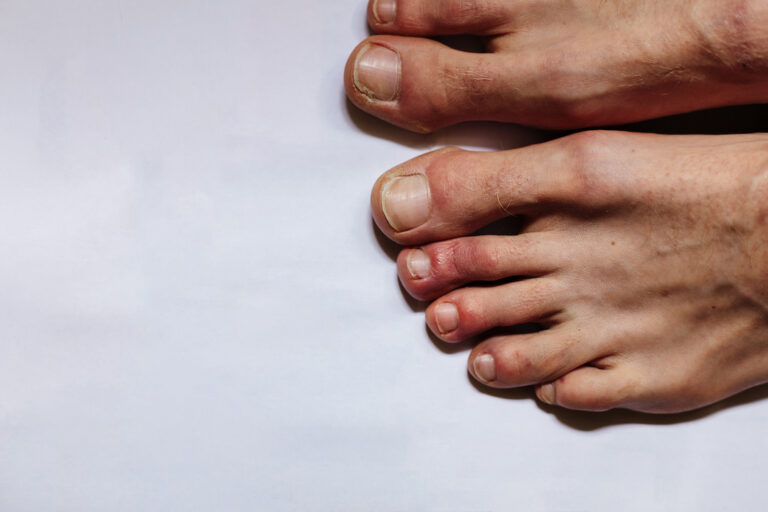Hydration and Vein Health—What You Need to Know This Summer
Introduction: Hydration and Vein Health Go Hand in Hand
It’s no secret that drinking water is essential for overall health—but did you know that proper hydration can also improve your vein health, especially in the summer?
Dehydration affects more than just your energy level. It thickens your blood, decreases circulation efficiency, and can worsen symptoms related to varicose veins and chronic venous insufficiency. As temperatures rise and sweat increases, your body loses even more fluid—making hydration a crucial part of your summer vein care routine.
In this post, we’ll explore how hydration supports your veins, the signs of poor circulation due to dehydration, and what you can do each day to protect your vascular health.
How Hydration Impacts Circulation and Vein Function
Water plays a key role in every circulatory process in the body. Blood is about 90% water, and your veins are responsible for transporting it back to the heart.
When you’re dehydrated:
-
Blood becomes thicker and flows more slowly
-
The risk of blood pooling in the legs increases
-
Your veins must work harder against gravity
-
Inflammation and swelling are more likely
In other words, staying hydrated helps keep your blood flowing smoothly and reduces the burden on your venous system. This is especially important if you already deal with varicose veins, spider veins, or swelling in the lower legs.
Why Summer Puts Your Veins at Risk
During the summer, high temperatures cause your blood vessels to dilate to help cool your body. At the same time, you lose water through sweat and evaporation—even if you’re not noticeably perspiring. This combination creates a perfect storm for leg swelling and vein discomfort.
You may notice:
-
Swelling in the feet, ankles, or calves
-
Throbbing or heaviness in the legs
-
Cramping or aching, especially at night
-
Worsening appearance of varicose veins
Proper hydration acts as your first line of defense.
Signs You’re Not Drinking Enough Water
Staying alert to the early signs of dehydration is key to maintaining healthy circulation.
Common symptoms include:
-
Dry mouth and lips
-
Headaches or dizziness
-
Dark yellow urine
-
Low energy
-
Muscle cramps
-
Swollen or heavy-feeling legs
If you experience any of these alongside vein discomfort, increasing your water intake may help alleviate symptoms quickly.
How Much Water Do You Really Need?
General guidelines suggest 8–10 cups (64–80 oz) of water per day, but your needs may increase during summer months or physical activity. You may need more if you:
-
Sweat heavily
-
Spend time outdoors
-
Consume caffeine or alcohol
-
Have a chronic condition like venous insufficiency
A good rule of thumb? Check your urine—it should be pale yellow. If it’s dark, you’re likely dehydrated.
Hydration Tips for Summer Vein Health
Keeping your fluid intake up doesn’t have to be boring or difficult. Try these easy, vein-friendly hydration habits:
1. Start Your Morning with Water
Drinking a glass of water before coffee or breakfast jumpstarts circulation and replenishes fluid lost overnight.
2. Infuse Your Water
Add slices of citrus, cucumber, mint, or berries for flavor without added sugar.
3. Carry a Reusable Bottle
Take a 16–20 oz bottle with you on walks, errands, or workdays. Refill it 3–4 times per day.
4. Set Hydration Reminders
Use phone alerts or water tracking apps to ensure you’re drinking consistently.
5. Snack on Hydrating Foods
Eat fruits and vegetables with high water content, like:
-
Watermelon
-
Cucumber
-
Strawberries
-
Lettuce
-
Zucchini
-
Celery
These foods also provide fiber and antioxidants that support overall vein health.
What to Avoid If You Want to Stay Hydrated
Some drinks and foods can actually dehydrate you further—or increase inflammation that affects vein health.
Avoid:
-
Excessive caffeine (more than 2–3 cups per day)
-
Alcohol, which is a diuretic
-
Salty foods, which increase water retention and swelling
-
Sugary sodas, which offer no hydration benefit
Instead, replace one or two drinks per day with herbal teas, coconut water, or electrolyte-enhanced water if you’re sweating heavily.
Hydration and Compression Therapy: A Perfect Pair
If you already wear compression stockings to manage vein symptoms, drinking enough water can enhance their effectiveness. Why?
-
Proper hydration reduces blood thickness
-
Compression supports upward flow of well-hydrated blood
-
The combination helps minimize swelling and discomfort even in the heat
When to Increase Hydration Even More
Certain situations call for an even more focused approach:
-
Travel days, especially flights or long car rides
-
After exercise or outdoor activity
-
If you’re pregnant or postpartum
-
Following vein treatments like sclerotherapy or laser ablation
-
During flare-ups of leg swelling, fatigue, or cramping
In these cases, aim for 10–12 cups of water per day and limit dehydrating substances.
Conclusion: Hydration Is Essential for Summer Vein Health
Water is one of the simplest, most powerful ways to support your veins—especially during the heat of summer. By staying ahead of dehydration, you can reduce swelling, ease discomfort, and give your circulation the boost it needs to function properly.
Drink regularly, listen to your body’s signals, and pair hydration with other summer-friendly habits like compression, elevation, and cooling rest. Your legs—and your whole body—will thank you.







